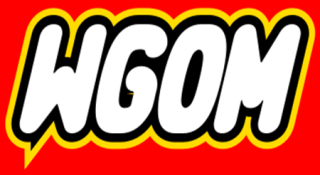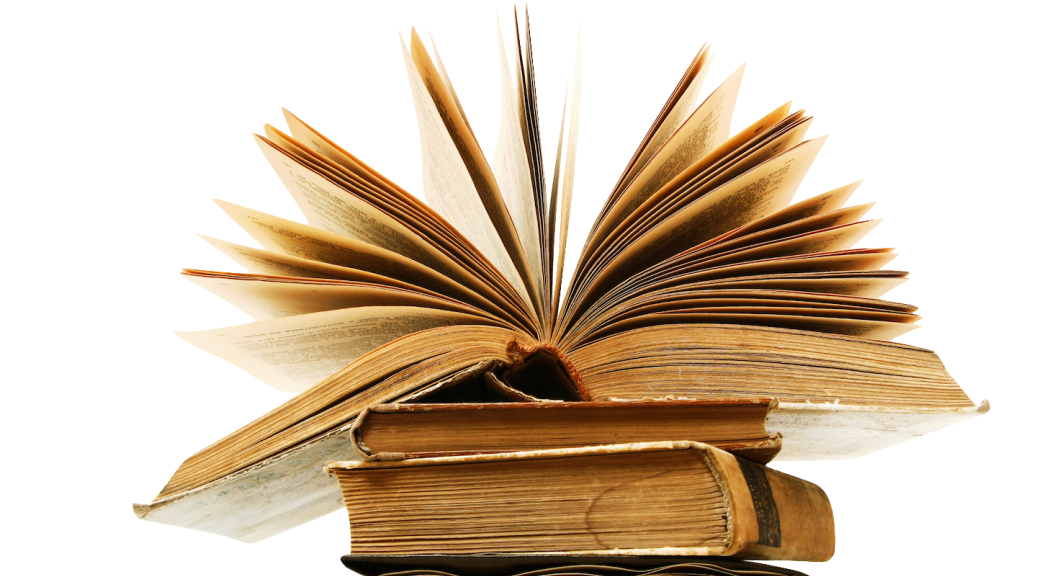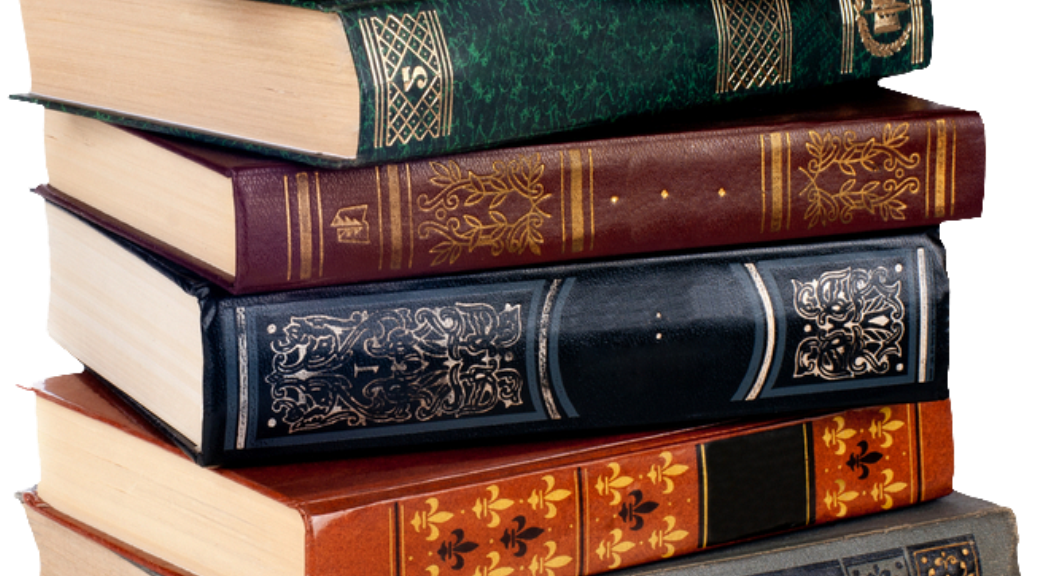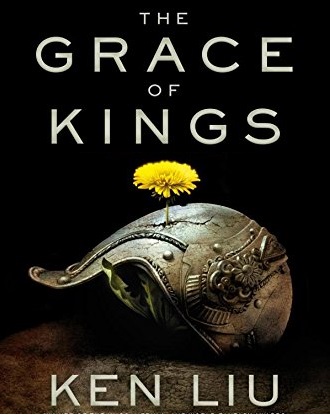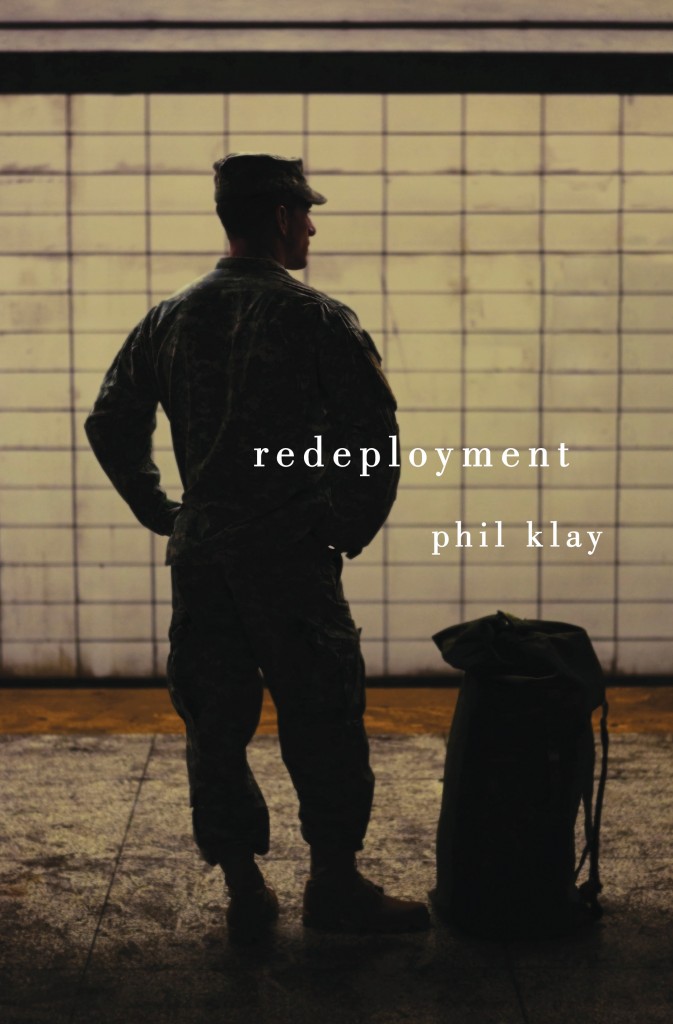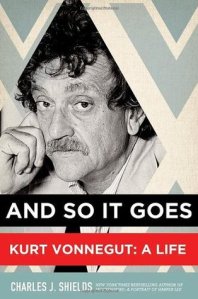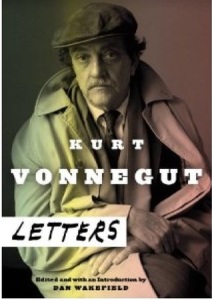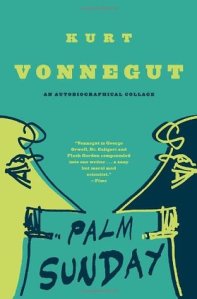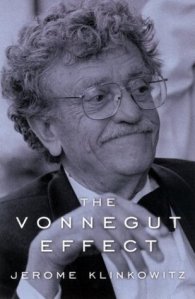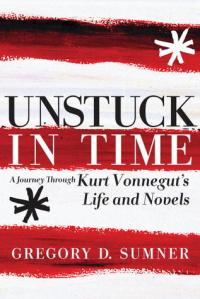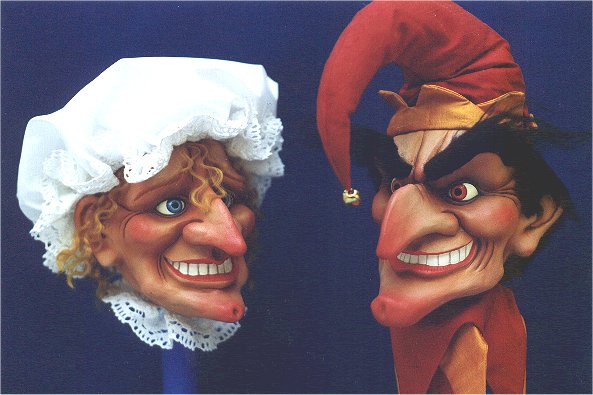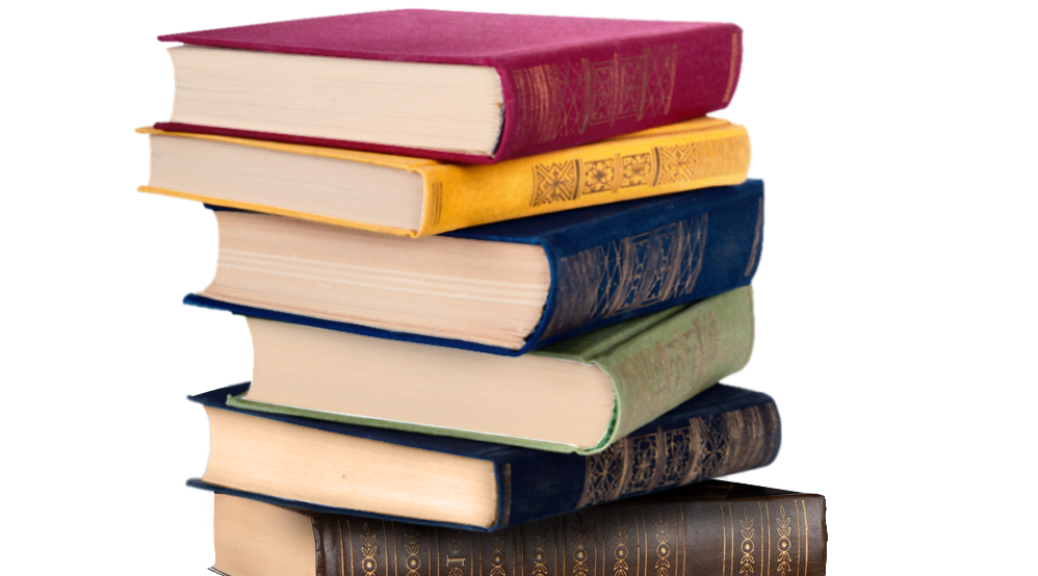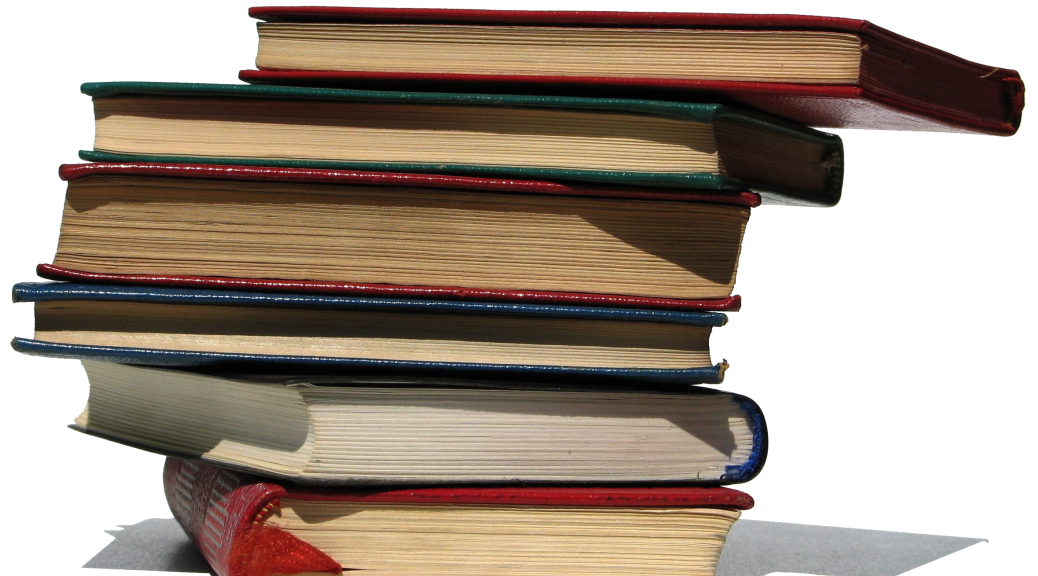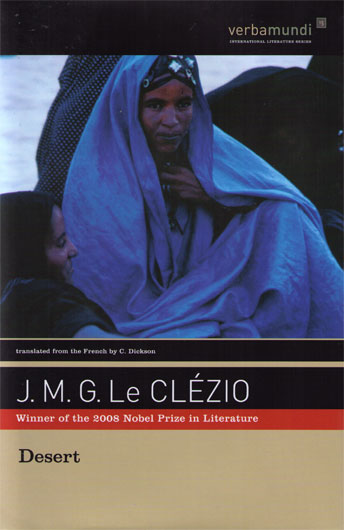Reading related thoughts:
- The Vonnegut re-read has now entered the post-Breakfast of Champions stage where I've read less of the books and they seem to be less well known. I find that I'm more excited to read (or re-read) these.
Read Slapstick in July and it was pretty good. The theme of the secondary family has been more obvious as I read all of these novels back to back and I think this is the biggest example of that theme in his work. I wouldn't put this up there among the best Vonnegut, but I enjoyed it just fine.
Jailbird and Deadeye Dick are up this month. I honestly can't remember if I have ever read Jailbird before, so that will be interesting. - In previous editions of FMBD, I know I've talked about my enjoyment of Two Dollar Radio as an independent publishing house. Well, I got Haints Stay by Colin Winnette from them this month and I tore through it in about 12 hours. It's an "acid western" about two brothers (one who is transgender) that are bounty hunters who find that a boy has appeared in their campsite.It's a violent thing and Winnette is always writes in an unrelenting style (a style that I've loved in everything I've read of his) and I felt like this was my favorite book of his that I've read. It was definitely my favorite July read.
- I had heard good things about Wesley Chu's Tao series, so I read that this month as well. From the first book (Lives of Tao - Chu's debut) to the third, you can see him improve as a writer and the whole series is an interesting setup (aliens have been inhabiting select humans since the dawn of history and controlling the development of human civilization). I would say it was reasonably good sci-fi, and worth checking out, but nothing that was groundbreaking.
- Next month is the now-somewhat-annual Science Fiction/Fantasy Short Fiction Award post - this year not quite so focused on the Hugo Award, but there's plenty of good stuff to link to and discuss. So mark your calendars?
